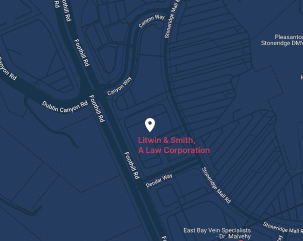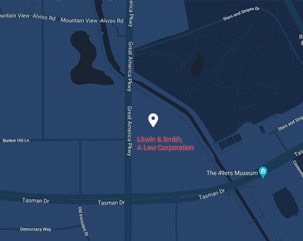The United States Citizenship and Immigration Services (USCIS) offers various categories of visas for immigrants, among which the EB-1 visa stands out for its focus on individuals with extraordinary abilities, outstanding professors and researchers, and certain multinational executives and managers. Let’s examine the requirements, benefits, and challenges related to the “outstanding researcher” aspect of the EB-1 visa.
Understanding the EB-1 Visa for Outstanding Researchers
The EB-1 visa category is a part of the employment-based immigration visa in the United States. The “outstanding researcher” category is specifically designed for individuals who are recognized as outstanding in their specific academic field. To qualify, an applicant must have at least three years of experience in teaching or research in that academic area and must be entering the United States to pursue tenure or tenure-track teaching or a comparable research position at a university or other institution of higher education.
Eligibility Criteria for EB-1 Consideration
Applicants must meet at least two of the following criteria to prove their “outstanding” status:
- Receipt of Major Prizes or Awards: Evidence of having received significant awards or prizes for excellence in the field.
- Membership in Associations: Membership in associations in the field requires outstanding achievements of their members.
- Published Material About the Applicant: Published material in professional publications written by others about the applicant’s work.
- Participation as a Judge: Evidence of participation as a judge of the work of others in the same or an allied field.
- Original Contributions: Original scientific, scholarly, or business-related contributions of major significance.
- Scholarly Articles: Authorship of scholarly articles in professional journals or other major media.
Benefits and Challenges of the EB-1 Outstanding Researcher Visa
The EB-1 visa category in the United States, particularly for outstanding researchers, is a sought-after path for many in the academic and research communities worldwide. However, like any immigration path, it comes with its own set of benefits and challenges.
Advantages of Researcher Visas
- No Labor Certification: Unlike other employment-based visas, the EB-1 does not require a labor certification.
- Priority Processing: The EB-1 category typically has a shorter waiting period compared to other employment-based green card categories.
- Flexibility: The EB-1 allows for a “self-petition,” meaning individuals can petition for themselves without an employer sponsor in certain subcategories.
- No Job Offer Requirement: Unlike some other employment-based visas, outstanding researchers do not necessarily need a job offer in the United States to apply as long as they are entering the US to continue working in their field.
Challenges of Researcher Visas
- High Standard of Proof: The standard for what constitutes “outstanding” is quite high, and the burden of proof is on the applicant.
- Documentation: The application process demands extensive documentation to prove the applicant’s outstanding abilities, which can be time-consuming to gather and organize.
- Substantial Scrutiny: Given the high stakes and benefits of the EB-1 visa, applications undergo rigorous scrutiny by USCIS.
In short, the EB-1 visa for outstanding researchers is a highly attractive option for those who qualify. However, the high standard of proof, rigorous application process, and the need for comprehensive documentation present significant challenges.
The EB-1 Application Process
The application process for an EB-1 visa for outstanding researchers involves several steps:
- Documentation and Evidence Gathering: Collect evidence that meets at least two of the USCIS criteria for outstanding researchers or professors, such as major awards, membership in associations that require outstanding achievements, significant contributions to the field, publications, and peer evaluations.
- Form I-140: The US employer or the applicant (in case of self-petitioning) must file Form I-140 with USCIS.
- Review by USCIS: After submitting the form and documents, USCIS will review the application. This process may take several months. USCIS may issue an RFE if they need more information or clarification on certain points.
- Adjustment of Status or Consular Processing: Once the I-140 is approved, the applicant can apply for an adjustment of status to a lawful permanent resident if they are in the US or undergo consular processing if outside the US.
- Visa Issuance: Upon successful completion of all steps and approval of the application, the applicant will receive their visa, allowing them to live and work permanently in the US
Experienced Immigration Attorneys for Outstanding Researchers
The EB-1 visa for outstanding researchers offers a valuable pathway for top-level scholars and researchers to work and live in the US. However, the eligibility criteria are stringent, and the application process demands thorough preparation and documentation. At Litwin & Smith, we have more than three decades of experience guiding clients through the process of successfully achieving their employment visas and entering the US. We encourage you to schedule a consultation to learn how we can assist you with your EB-1 visa application, whether you’re petitioning on your own behalf or wish to sponsor a skilled researcher to work for your company.

